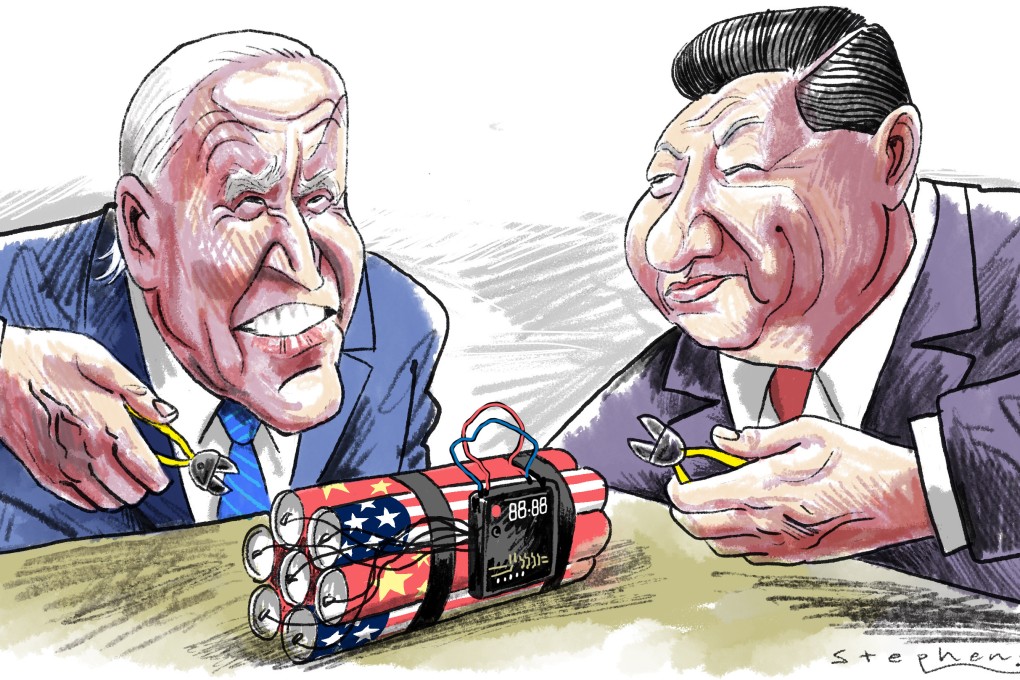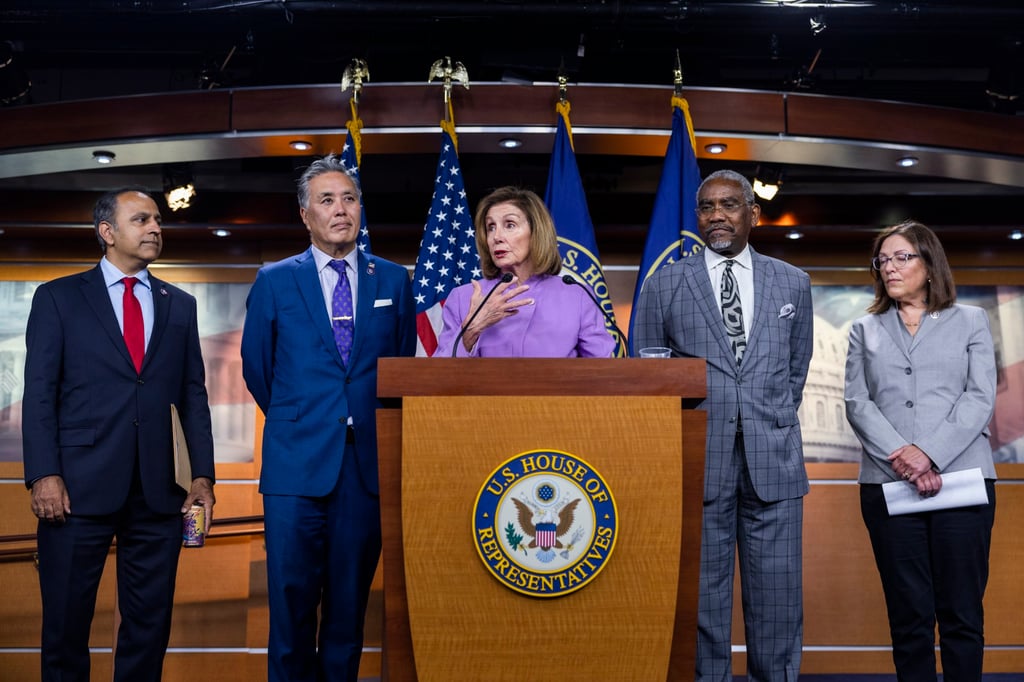Opinion | To defuse tensions over Taiwan, US and China need a new strategic understanding
- As the party that initiated the new round of tensions, Washington should make the first moves towards reconciliation, while Beijing could scale back military exercises in the Taiwan Strait
- The two countries must also seize the opportunity of the G20 summit to set up a face-to-face meeting between their presidents

Is there any way to defuse the situation? For a start, it is important that both Washington and Beijing immediately stop provocations to break the vicious circle of escalating tensions. Both should exercise self-restraint. Rhetoric needs to be toned down and hostile actions halted.
It is quite natural that Beijing and Washington would not have the same perception of a particular event due to their different places in the world and the impact of the event on them. The September 11 terrorist attacks on the World Trade Centre in New York do not necessarily mean the same thing to the average American and Chinese.
By the same token, Washington, as the perpetuator of the injury, is unlikely to feel the same way as Beijing about the harm that Pelosi’s trip inflicted. Indeed, it is pointless to argue if China’s response was overblown. If the Biden administration is genuinely interested in constructive relations with China, a more sensible and productive approach would be to acknowledge the harm and proceed quickly to remedy it.

Moves to flex military muscle and show Western solidarity are highly likely to backfire. Rather than deter China, they would only serve to augment its resolve to do whatever it takes to unify the country, including using military means.
